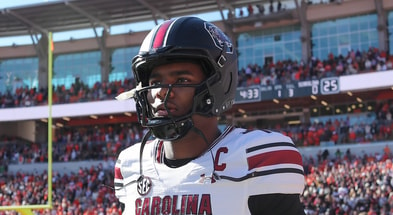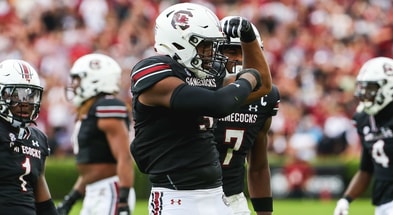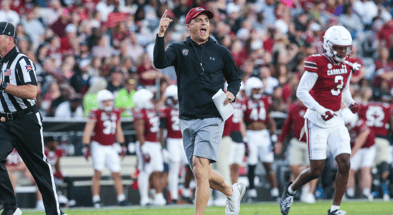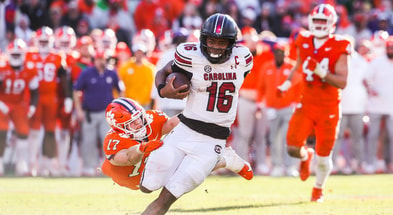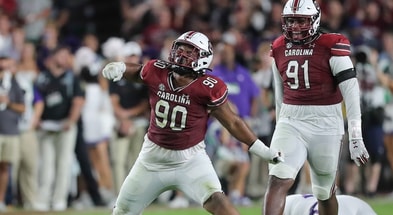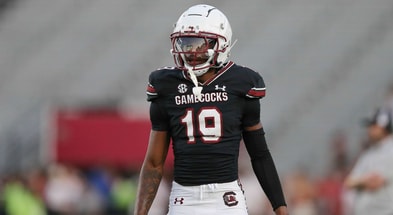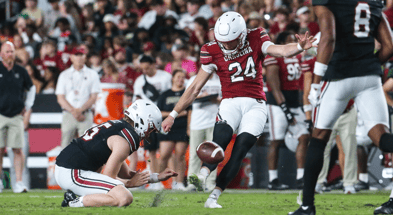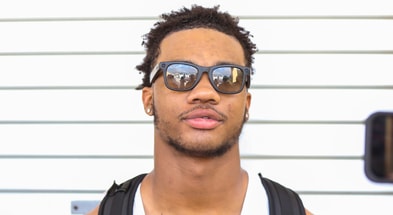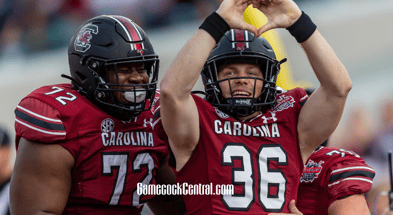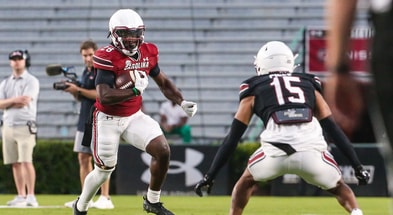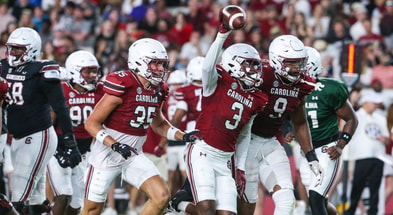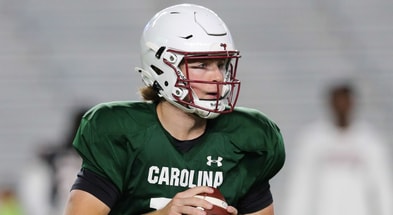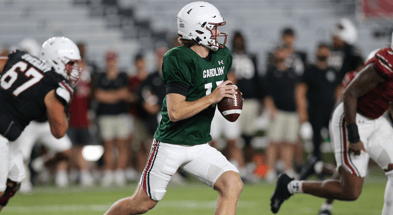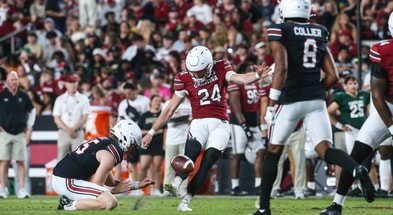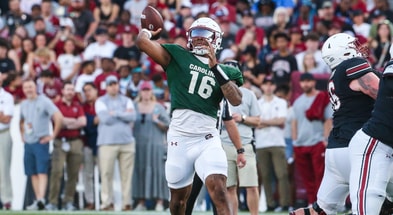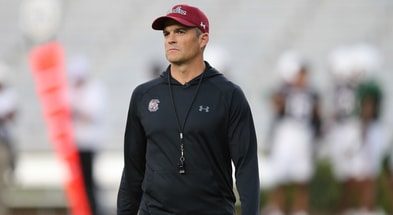South Carolina NIL law on path toward suspension

A key move signaling a forthcoming change to the state of South Carolina’s name, image, and likeness (NIL) law was made late on Monday. During a meeting of the House of Representatives, a proviso attached to the 2022/2023 fiscal year budget was unanimously passed.
If signed into law, the practical effect is that on July 1 – the beginning of the fiscal year – the guardrails in the state of the South Carolina NIL law will no longer be in place. That would leave the NCAA’s interim policy to govern NIL deals and operations in the state for a one-year period. The state’s existing NIL law would still remain in effect until July 1.
The next step is for the budget to be sent to the Senate, then to Governor Henry McMaster for a signature.
South Carolina’s original bill allowing for intercollegiate athletes to capitalize on their name, image, and likeness was passed on May 6, 2021. It was originally set to go into effect on July 1, 2022, but state Attorney General Alan Wilson instead certified last summer that the law would go into effect immediately on July 1, 2021.
This week’s action from the House of Representatives came on the heels of trends and observed changes across the country. Many states formerly passed specific laws related to name, image, and likeness, while others did not. Some programs – Ohio State, for instance – housed in states without NIL laws have taken a more aggressive approach to facilitating NIL deals for its student athletes. That has left some neighboring states pondering the implications of keeping laws that are arguably more restrictive on the books, and still others have taken action. Alabama, for instance, has repealed its law. The state of Florida this week took up a proposal allowing schools to cause compensation for its student-athletes but opted not to amend its existing law.
Top 10
- 1New
Madden Iamaleava
Arkansas demanding $200K
- 2
Jadan Rashada lawsuit
Court date set
- 3Trending
Intel-based Mock Draft
Peter Schrager shakes it up
- 4Hot
Alabama dodged exodus
NFL coordinator explains
- 5
Flau'jae Johnson
LSU star returning in 2025-26
Get the On3 Top 10 to your inbox every morning
By clicking "Subscribe to Newsletter", I agree to On3's Privacy Notice, Terms, and use of my personal information described therein.
A lack of initial action by the NCAA and Congress prompted states to take up the issue of NIL legislation last summer. A continuing void of uniformity on a national level has led to the current round of changes.
“We were hoping that we would be able to come back and repeal that law because the NCAA or Congress would come through and pass something that everybody would live by,” said Rep. Tim McGinnis, who brought the proviso to the House floor on Monday..
To stay out in front of NIL, which has become a key factor in the recruiting arms race, state legislators deemed it necessary to essentially punt the current South Carolina NIL bill. That timeframe will allow time for the state to make desired changes after 2023, or wait for guidance from the federal government or the NCAA.
“I would ask that everybody vote for this, otherwise you’re going to see some of the best players in the country go to schools that don’t have Clemson or South Carolina in their name,” McGinnis said in his closing remarks on Monday.”
If ultimately passed, the suspension of the South Carolina NIL law would allow the University of South Carolina – and other in-state athletics departments – to alter their own internal NIL policies and procedures.
GamecockCentral.com will have more on this story as it develops.


